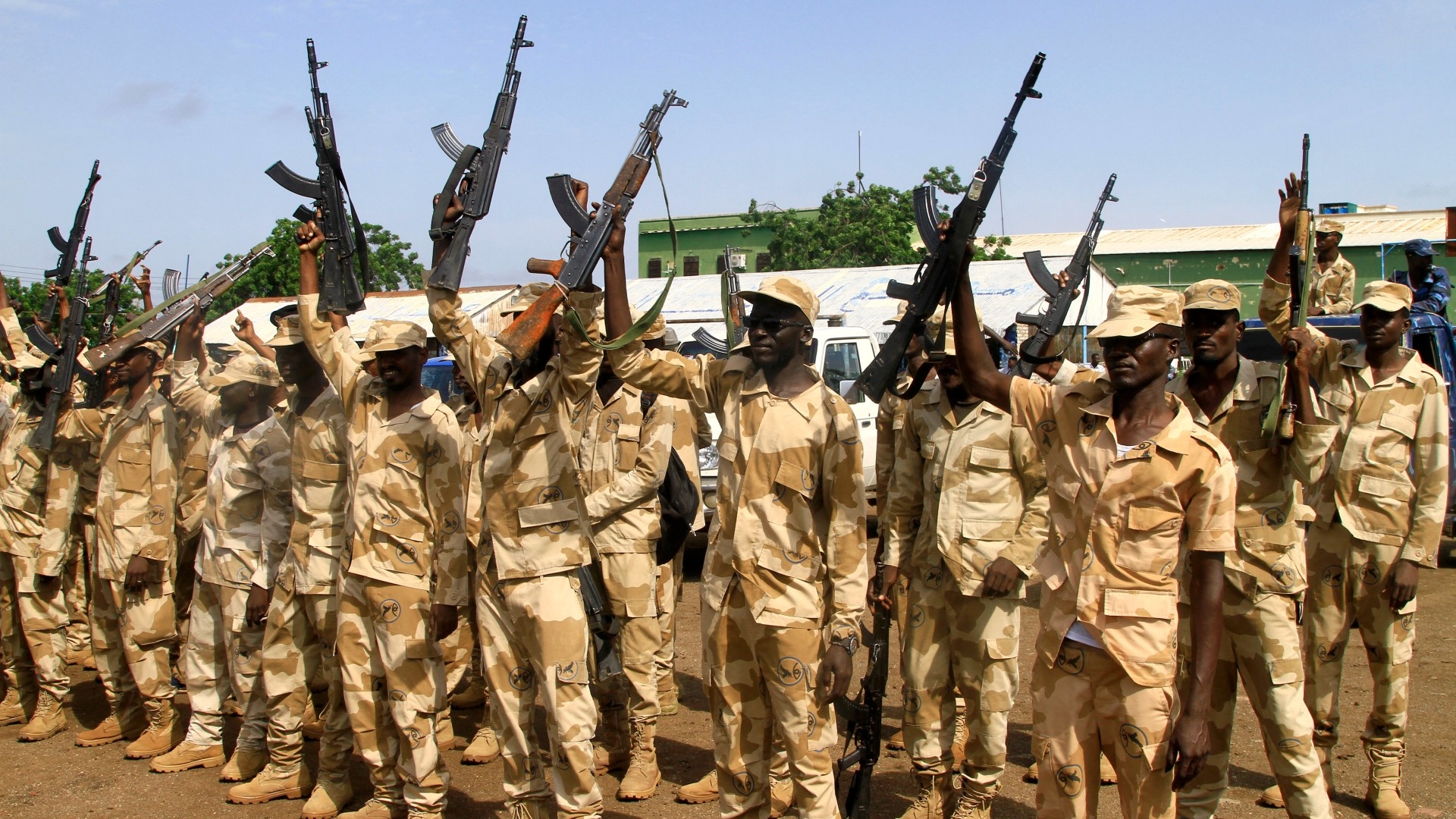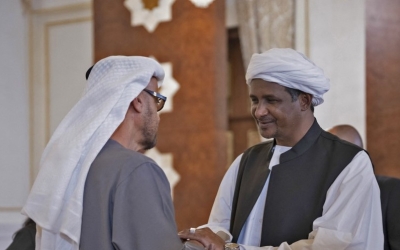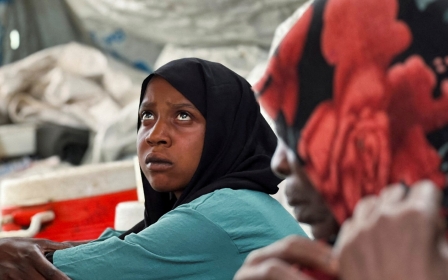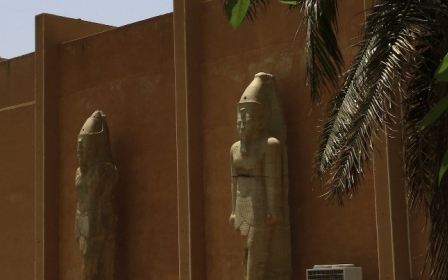Sudan's warring parties acquiring new foreign-made weapons, says report

The warring parties in Sudan are acquiring supplies of modern foreign-made weapons and military equipment, according to a report by Human Rights Watch (HRW) published on Monday.
The rights group analysed 49 photos and videos, most of which were filmed by fighters and posted on social media, showing weapons used during the conflict.
The arms used by Sudan's armed forces and the paramilitary Rapid Support Forces (RSF) - who have been at war since April last year - include armed drones, drone jammers, anti-tank guided missiles, truck-mounted multi-barrel rocket launchers and mortar munitions.
According to HRW, the weapons were produced by companies registered in China, Iran, Russia, Serbia and the United Arab Emirates. It was not able to establish how the new equipment was acquired.
“Sudan’s conflict is one of the world’s worst humanitarian and human rights crises, with warring parties committing atrocities with impunity, and newly acquired weapons and equipment are likely to be used in the commission of further crimes,” said HRW's Jean-Baptiste Gallopin.
New MEE newsletter: Jerusalem Dispatch
Sign up to get the latest insights and analysis on Israel-Palestine, alongside Turkey Unpacked and other MEE newsletters
“Fighters from both the [Sudanese army] and the RSF have since mid-2023 posted photos and videos of new foreign-made kits, such as armed drones and anti-tank guided missiles.”
The war has displaced 10 million people and wounded and killed tens of thousands of civilians, according to the United Nations.
Expanding arms embargo
Monday's report appeared to indicate that warring parties had acquired weaponry after the beginning of the conflict in April 2023. In one instant, it found lot numbers indicating that ammunition was manufactured in 2023.
Two video clips verified by HRW, posted on pro-Sudanese army accounts, showed drones attacking unarmed people in Bahri, north of Khartoum. Another video showed a drone dropping mortar projectiles on unarmed people in Bahri, killing at least one person instantly.
Later this week, the UN Security Council is expected to decide whether to renew a sanctions regime first established in 2004 which prohibits the transfer of military equipment into Sudan's Darfur region. It came about following ethnic cleansing and widespread human rights abuses which took place in Darfur.
HRW recommended the adoption of a country-wide embargo - a position Sudan's government has opposed. Khartoum has also lobbied Security Council members to end the Darfur arms embargo.
“The Security Council should expand the Darfur arms embargo to all of Sudan to curb the flow of arms that may be used to commit war crimes,” Gallopin said.
“The Security Council should publicly condemn individual governments that are violating the existing arms embargo on Darfur and take urgently needed measures to sanction individuals and entities that are violating the embargo.”
Last week, a UN fact-finding mission said that both sides in the war had committed a range of human rights violations and crimes that may amount to war crimes and crimes against humanity.
These include indiscriminate air strikes and shelling of schools, hospitals, communication networks and water and electricity supplies.
Both parties had targeted civilians in attacks, as well as through rape and other forms of sexual violence, arbitrary detention, torture and ill-treatment.
In recent days, eyewitnesses have told Middle East Eye that they were facing daily massacres perpetrated by the RSF. The atrocities were taking place every day across the country, particularly in Gezira and Sennar states in central Sudan, they said.
Middle East Eye delivers independent and unrivalled coverage and analysis of the Middle East, North Africa and beyond. To learn more about republishing this content and the associated fees, please fill out this form. More about MEE can be found here.





